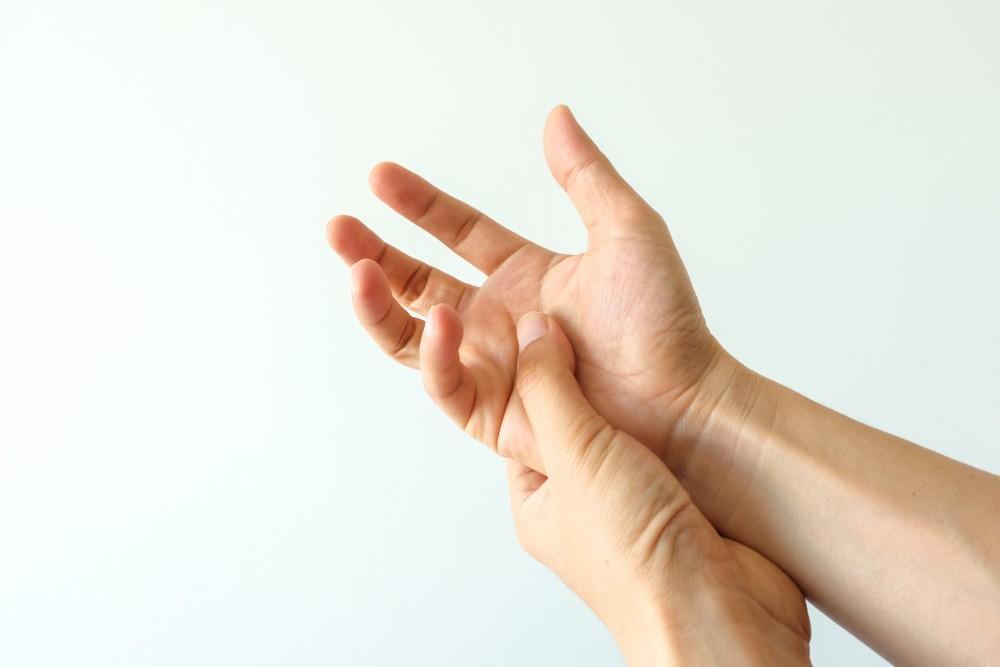
There are various types of finger lock medications available on the market. A corticosteroid shot may be necessary to reduce swelling and pain. A splint may also be needed to prevent irritation of the joint. In some cases, if the medication does not relieve the symptoms, surgery may be required. Listed below are some of the options for treating this condition. This article will outline the different options for treatment and provide more information about each one.
Some of the medications available for trigger finger are NSAIDs (nonsteroidal anti-inflammatory drugs). These medications are topical. However, a few studies have shown that NSAID injections can relieve the symptoms. Shakeel (2012) reported that a diclofenac injection may be beneficial in some cases. If you are experiencing symptoms of trigger finger, you should consult your physician or pharmacist to determine whether any of these options will be right for you.
Another option for treating trigger finger is NSAIDs. Both ketoprofen and diclofenac are effective when used topically. There are also injections available that contain a stronger dose of diclofenac. These types of treatments are recommended for people with chronic trigger finger. NSAIDs may be more effective if you have a condition such as a weakened or recurrent trigger finger. Some of these medications will help you sleep better and prevent the symptoms of trigger finger.
NSAIDs are commonly used to treat trigger finger. A topical form is available as diclofenac, while NSAID injections are a more permanent solution. Diabetics may need injections of diclofenac or ketoprofen. These medicines may be better for people with weak immune systems, but they can cause side effects. They may also need to be introduced in larger quantities.
Site https://lamido.co.id/ says that although trigger finger medications are an excellent way to treat trigger finger, they do not cure the condition completely. Some medicines are ineffective or have side effects. The physician must make a thorough assessment and prescribe the correct remedy for the particular case. The information on this page is general in nature and may not apply to your situation. A doctor may write a prescription for a certain type of medicine. The best option is to use a combination of these treatments.
In some cases, trigger finger can be cured with nonsurgical treatments. In these cases, anti-inflammatory medications can reduce the symptoms of trigger finger. If trigger finger is a symptom of a more serious condition, doctors may recommend a surgical treatment. The treatment is often nonsurgical. To prevent the problem from getting worse, avoid activities that make it worse. Some patients may even need surgery. While a nonsurgical approach is usually best, it can sometimes help alleviate the pain.
In some cases, a finger lock medication may not be the right choice. Depending on the cause, the problem may be a more serious condition. For instance, a ganglion cyst may cause stiffness in the finger, requiring surgical removal. A patient may also be suffering from a painful reaction to the medication. An NSAID injection will treat the inflammation but can lead to additional complications. Although there are several options for treating trigger finger, it is not recommended for patients with diabetes.
NSAIDs may be an effective treatment for trigger finger. As long as the symptoms are manageable, the medication may work effectively. The NSAIDs used to treat trigger finger may be very effective. A patient may need a prescription for a more effective treatment. These medications are effective for a short-term solution. When a person has been diagnosed with this condition, a physician will recommend a suitable medication for the patient.
The use of NSAIDs may be the best option for some patients with trigger finger. NSAIDs may help relieve the pain in the finger. NSAIDs are more effective than nonsteroidal anti-inflammatory drugs. Moreover, they have been shown to have fewer side effects than anti-inflammatory drugs. This means that NSAIDs can be a great option for some patients with trigger finger. But before taking any NSAID, it is important to understand the risks and benefits of each medication.